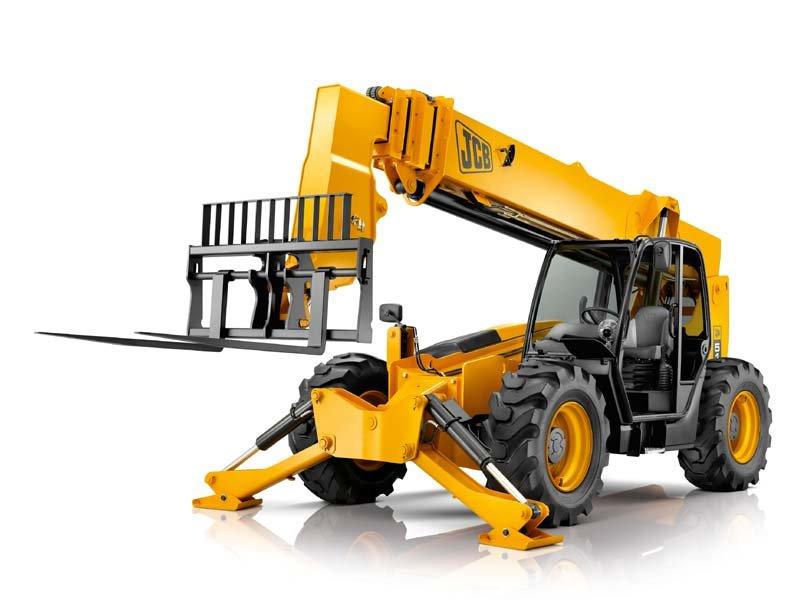Mini Excavator Rental: Compact Machines for Limited Spaces
Mini Excavator Rental: Compact Machines for Limited Spaces
Blog Article
Optimize Your Budget by Comprehending the Costs Connected With Building And Construction Equipment Services
Comprehending the full extent of expenses linked with building tools rentals is critical for maximizing your budget plan. What strategies can be utilized to successfully manage these prices and ensure a more effective rental experience?
Introduction of Rental Costs
When considering building and construction devices services, recognizing the linked expenses is paramount for reliable budgeting and project planning. Rental costs can differ considerably based upon a number of variables, including tools type, period of service, and place. The initial rental cost typically reflects the devices's market need and its connected functional capabilities, influencing the total cost.
Along with the base rental rate, supplementary costs might occur, such as transport costs, fuel additional charges, and upkeep fees. It is important to represent these additional costs to properly assess the overall cost of renting out equipment. The rental period can impact prices; longer services might qualify for reduced prices, while temporary services may sustain greater daily charges.

Malfunction of Rental Prices
An extensive understanding of rental prices is important for contractors and project supervisors intending to maximize their budget plans. Rental prices for building tools typically consist of numerous parts, including base prices, time-based costs, and usage fees.
Base rates are the core charges linked with the service of the equipment, typically determined by the kind and size of the machinery. These prices can vary considerably, influenced by aspects such as tools demand, accessibility, and local market patterns. Time-based charges, which might be daily, weekly, or monthly, offer to fit various task timelines and rental durations.
Additionally, rental rates may consist of use charges, which apply when equipment is made use of beyond a specified threshold, making sure that the rental firm can represent deterioration. Seasonal demand fluctuations can additionally impact rental rates, with peak construction periods generally regulating higher rates.
In addition, recognizing the rental business's plans pertaining to maintenance and insurance can give further insight right into the overall expense framework. By examining these components, contractors can make informed choices, guaranteeing the selection of rental tools aligns with both job demands and spending plan restrictions.
Extra Costs to Consider
Recognizing the details of extra costs is vital for specialists to handle their overall rental costs properly. Beyond the standard rental prices, numerous additional charges can dramatically influence the complete expense of tools leasing. These fees often include shipment and pick-up costs, which can differ based on distance and logistics associated with carrying the tools to this article and from the work site.
In addition, some rental companies may impose fuel additional charges if the equipment is returned with much less gas like this than when rented out. It is additionally necessary to recognize prospective cleansing costs, specifically for specific devices that requires complete upkeep after use.

Thoroughly assessing the rental contract and clarifying these additional costs ahead of time can assist contractors ensure and stay clear of unforeseen costs that spending plans stay intact throughout the project lifecycle.
Upkeep and Repair Work Expenditures
Routine repair and maintenance expenditures are often overlooked aspects that can substantially affect the general price of building and construction devices services. When leasing tools, it is essential to consider not just the rental charges yet also the potential expenses linked with keeping the equipment in optimal operating problem.
Several rental companies include standard maintenance as part of the rental contract; nevertheless, a lot more unanticipated break downs or considerable repair services can result in added expenses. It's excavation equipment rental important to assess the rental agreement thoroughly to comprehend what upkeep solutions are covered and what duties fall on the tenant.
Moreover, tools that is not well-maintained can lead to inadequacies on duty website, possibly causing delays and boosting job prices. To mitigate these risks, it is recommended to carry out routine inspections and maintain open communication with the rental supplier relating to any kind of concerns that emerge throughout use.
Insurance Policy and Responsibility Prices
Insurance policy and obligation expenses are vital elements that can substantially affect the overall expense of building equipment rentals (forklift rental). These expenses guarantee that both the rental company and the customer are shielded from prospective financial losses developing from mishaps, damage, or theft throughout the rental duration

Furthermore, customers should know any type of deductibles or exclusions in the insurance plan, as these can influence potential out-of-pocket costs. Comprehending the terms and problems of any kind of insurance protection is crucial to avoid unforeseen prices. Inevitably, budgeting for insurance coverage and responsibility expenses can help ensure a smoother rental experience and shield against monetary threats associated with building projects.
Final Thought
In conclusion, a comprehensive understanding of the costs linked with building and construction tools leasings is necessary for efficient budget plan administration. Ultimately, informed decision-making pertaining to tools rentals contributes to the total success of building ventures.
Rental costs can differ significantly based on several aspects, consisting of devices type, period of leasing, and location (mini excavator rental). The rental period can influence pricing; longer rentals may certify for reduced rates, while temporary rentals could incur higher day-to-day fees
By conducting comprehensive study and engaging with reliable rental companies, professionals can efficiently navigate the intricacies of rental pricing, eventually maximizing their monetary sources.
Beyond the standard rental prices, various auxiliary charges can dramatically influence the overall price of tools leasing. Rental firms typically give responsibility insurance coverage that covers injuries to 3rd celebrations or damages to residential property, while equipment damages insurance policy can cover the expense of fixings or replacement if the leased equipment is harmed.
Report this page